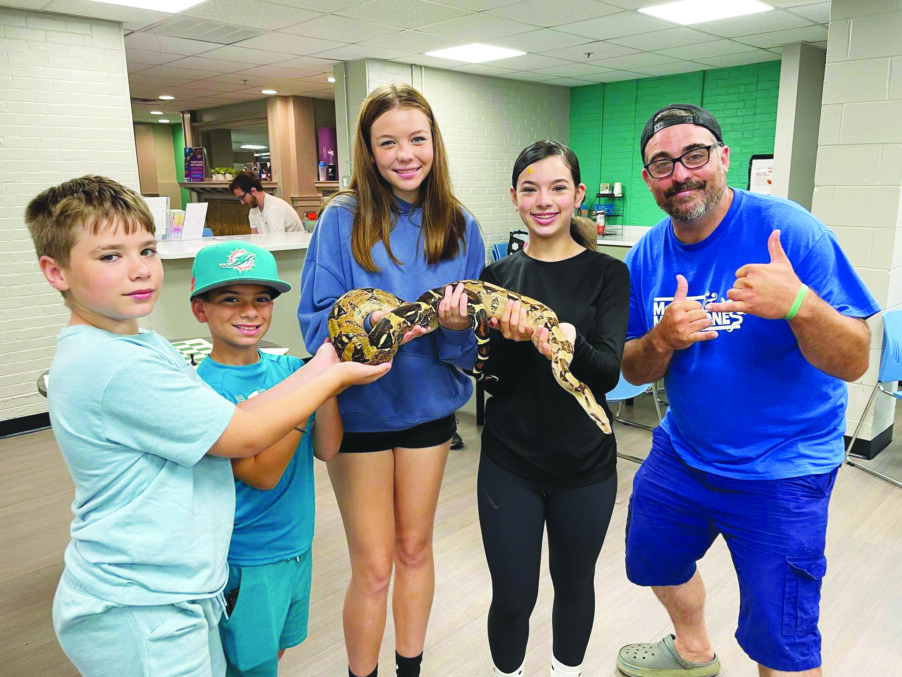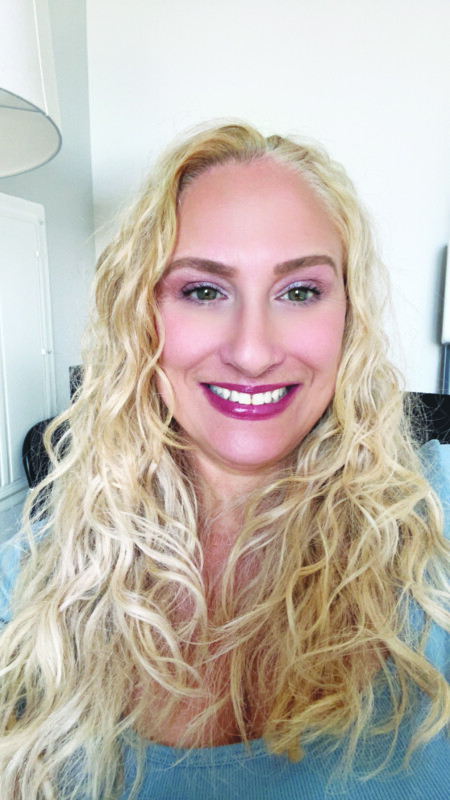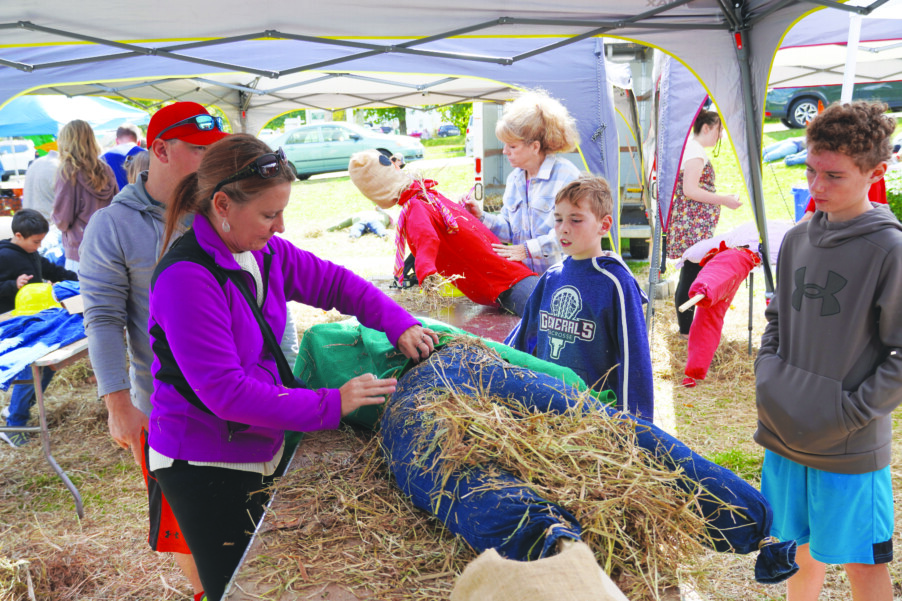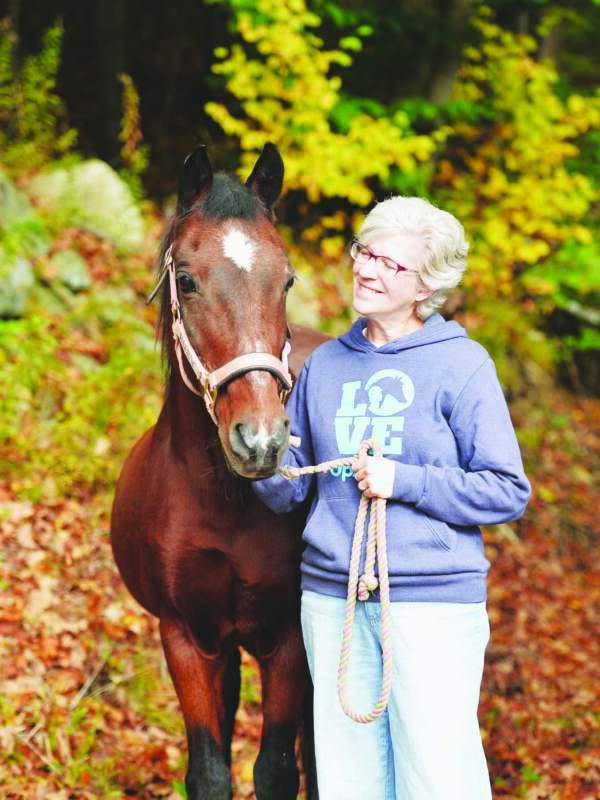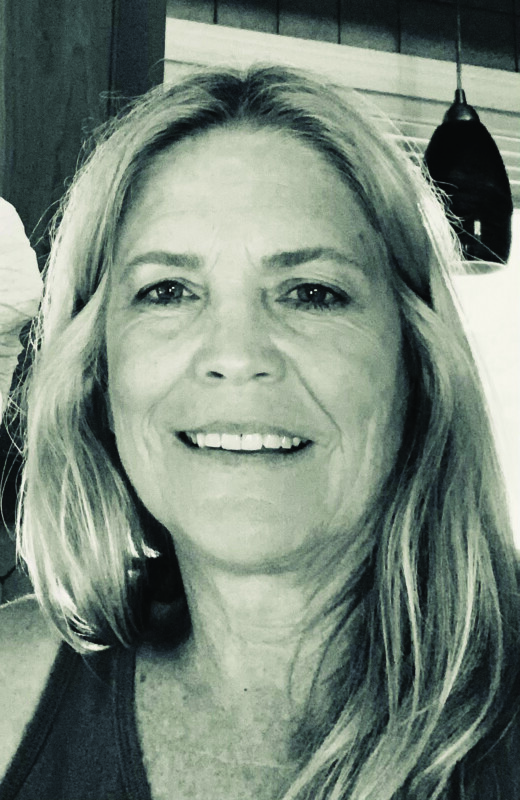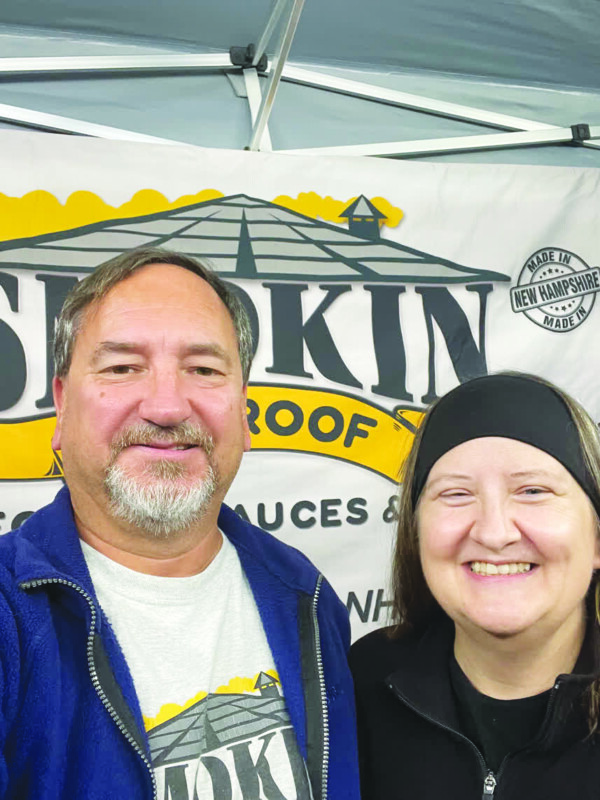Morphs and Milestones reaches kids with animals
Morphs and Milestones is a nonprofit that utilizes “rescued and rehabilitated reptiles in education and therapies for persons with special needs,” such as DiGeorge Syndrome, autism, and all kinds of delayed development. It also works with standard education as well as individuals with emotional PTSD. Nate Monty runs the organization with his wife, Brenda Casillas. Nate has more than a decade of veterinary technician and zoo experience. They will present an educational program at Manchester City Library on Wednesday, Oct. 23, from 4 to 6 p.m. and expect to be opening a facility in Francestown in a matter of weeks, although no date has been made official yet. Visit morphsandmilestones.com.
What is Morphs and Milestones?
Morphs and Milestones is a nonprofit that me and Brenda started. We started it because of the work we did with our daughter, Autumn Rose. My daughter, Autumn, has DiGeorge Syndrome, and she is nonverbal, and they were having an exceptionally hard time teaching her how to communicate effectively so that they could go ahead and figure out exactly what she was learning and what she wasn’t learning. We found that through the exposure to reptiles, which were her favorite animals, that she would get in a mode of almost being very investigative. And we utilized that to help teach her ASL … we were urged by her special education team to make it available for others. So at the core, Morphs and Milestones is a nonprofit organization that uses rescued and rehabbed animals and we use them as therapy and educational aids.
What made you think to try using reptiles to help with your daughter, Autumn?
[W]e were building with some sticks, some just fun stuff to build and knock down. And on one of the displays I had mounted on the wall, I had turned on YouTube … and a YouTuber came up that was handling snakes and she got really excited. And then immediately after being excited, she sat down and just watched the screen. And I said, ‘Hey, wait a second, there’s something here.’ And that’s how we got into reptiles.
What will the educational program be like at Manchester City Library?
At Manchester it’s going to be an auditorium-style program. That’s what we did last time. And it’s not like a standard auditorium program. There will be a time where I am up front and I am speaking and showing the animals, but I also utilize our volunteer team. And while I’m talking about the animals, the individuals watching the program and attending the program actually get to physically touch and see the animals up close so that they can see and almost feel the experience in real time. So we’ll do that over several ambassadors that we bring. And at the end we invite everybody to come up to the front or on the stage. And they can interact with the animals at a higher level and really have one-on-one conversations with things that interest them about the animals.
Can you expand on the Autumn’s Adoption Corner portion of Morphs and Milestones?
Morphs and Milestones started off just doing the therapy work and then as it grew we did therapy and education. As that grew, people started finding out that we’re here, and sometimes it was people who needed to find a place to actually put an animal … they started reaching out to us and said, ‘Hey, can you help us?’ … So we built Autumn’s Adoption Corner. When the animals come in to see us, they’re all evaluated and taken care of and then the adoption process is very similar to what you see with other companion animals like dogs and cats and horses. We modeled a lot of it off like what we saw with the SPCAs and the rescue leagues so that the next home could be a forever home.
What does the future look like for you all?
[W]e’re actually opening a facility in Francestown, New Hampshire. It’s at 74B Main St. And the facility is .. an old firehouse. And on the bottom floor is going to be an adaptive classroom … The second floor of it …is going to be the area where we have a teacher resource center.
Morphs and Milestones
Educational Program
When: Wednesday, Oct. 23, 4 to 6 p.m.
Where: Manchester City Library, 405 Pine St., Manchester
Free, open to the public
morphsandmilestones.com
Featured image: Courtesy photo.

